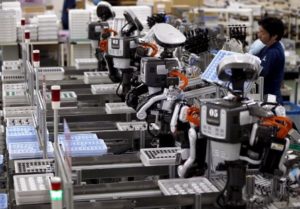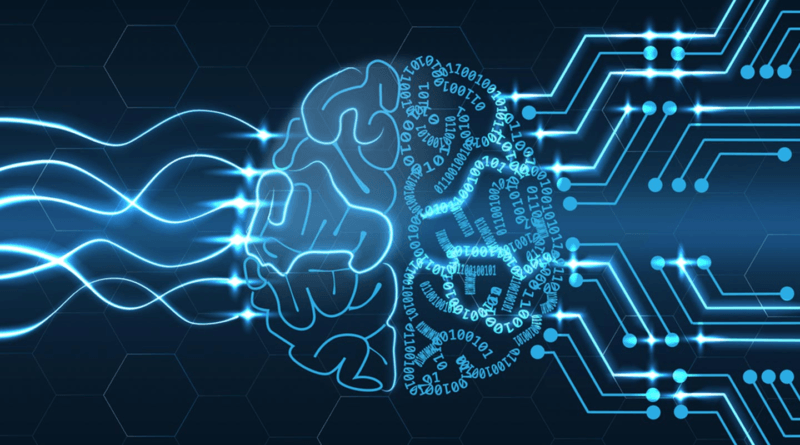Artificial Intelligence vs. Human Intelligence: Will Robots Take Our Jobs?
Believe it or not, the automation of work is already a reality. Yes, we are talking about robots and Artificial Intelligence (AI).
In the face of 2030, the forecasts indicate that worldwide between 75 and 375 million people will be needing a job as a direct consequence of the automation of work.
Therefore, most experts are no longer dedicated to alerting of the risks that the coexistence of robots and humans will pose in the offices.
Instead, they seek solutions so that it does not affect our quality of life, according to La Información.
The latest study from the University of Cambridge, along with the University of Salford, indicates what would be the best way that there was no such competition with robots in the future.
The solution: work one day a week.
It is a battle in which humans have all the loss: Artificial Intelligence is faster, efficient and does not complain about their labor rights, something that clearly exceeds us.
The picture is so bleak that in the next 20 years 47% of jobs, at least in the United States, will be occupied by robots.
This, of course, raises doubts about the future of work, especially for those affected earlier by this automation of the production.
The joint project between Cambridge and Salford has examined the following items to get to this conclusion:
The relationship between the number of working hours, mental health and life satisfaction of more than 71,000 people of working age in the United Kingdom over a period of nine years.
Participants were asked about aspects such as anxiety and sleep problems they had to evaluate the state of their mental health.
According to the researchers, the conclusion is that the “most effective dose” for optimal mental health is to work around one day a week.
Can we be mad about it? We don’t think so!

Mental health and working time
Researchers have discovered that, over the years, when people went from unemployment or upbringing in the home to a paid job of up to eight hours per week, their risk of suffering Mental health problems were reduced by an average of 30%.
In this sense, according to the report, working more than eight hours a week does not provide significant improvements to mental health. As some of us may think.
While the benefits of mental health employment peaked in the eight hours of work, the relationship between work hours and life satisfaction was slightly different in the study.
In the case of men, satisfaction in general increased by 33% with up to eight hours of paid work per week.
However, women did not report a similar increase in this aspect until the work week reached 20 hours.
Solutions for no machines replacement
Some famous characters, such as Bill Gates, see a possible solution in the surrogate quotation of the machines:
The working life of robots will be quoted in place of the worker and will pay the worker’s taxes.
Critics of this proposal argue that, although this scenario could bring us closer to an equalization of the standard of living of all human beings, it could also lead us to a dystopian world in the purest ‘Wall-e’ style.
Otherwise, everyone can point to instances in which automation has reduced the demand for certain workers.
As the so-called artificial intelligence technology improves rapidly, there is a widespread concern that many humans will simply become obsolete, according to Gestion.
The news media are full of forecasts that call attention to the percentage of jobs that will be replaced.
But the truth is that nobody knows how many jobs will be replaced by automation, or how automation will affect wages and inequality.
There is a possibility that ArtificiaI Intelligence, instead of replacing workers, will mostly only allow them to do their job more easily. We hope!




